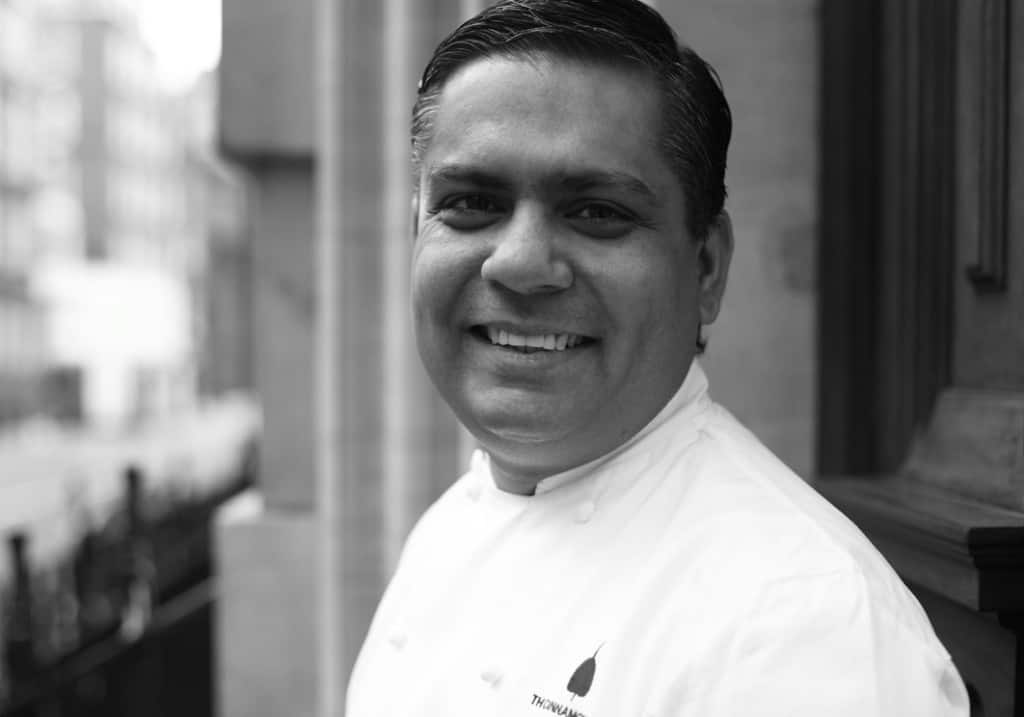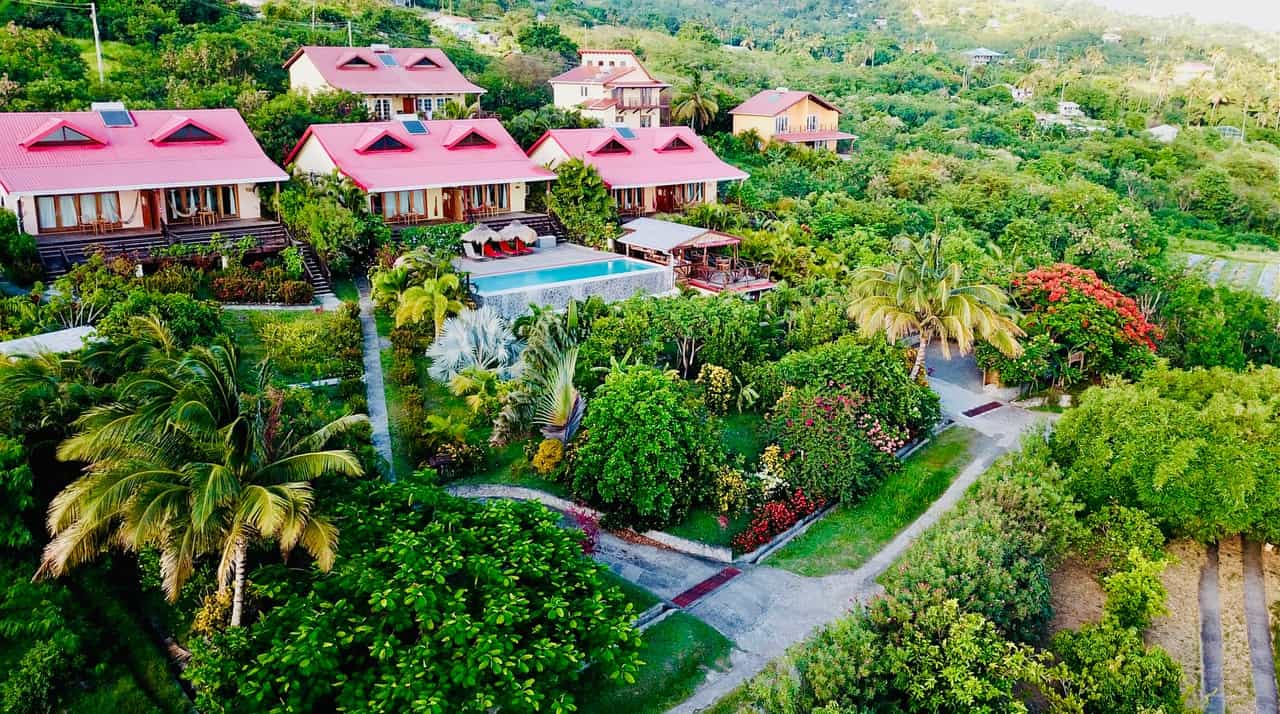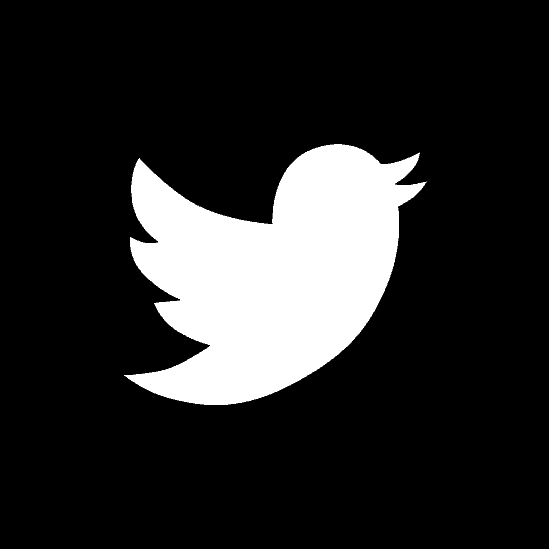“Whether its accepted or not, all brands and the feeling they evoke involve people.” Vivek Singh, Executive Chef & CEO
After graduating from, Vivek joined the Oberoi Hotel Group as a specialist in Indian cuisine. He moved on to the Grand Hotel in Calcutta where he was fast-tracked to become the Indian chef of Oberoi’s flagship Rajvilas in Jaipur. Rajvilas was voted as one of the most luxurious hotels in the world by Tatler in 2001.
From an early age, Vivek had been reading Escoffier and later devoured books by Marco Pierre-White and Charlie Trotter. When Iqbal Wahhab, the co-founder of The Cinnamon Club, talked to him about how he saw Indian flavours and western culinary styles being married, Vivek was already on the same page. In 2001 The Cinnamon Club doors opened at the old Westminster Library and has been redefining the expectations of Indian cooking ever since. Vivek liberated Indian food from its straitjacket of tradition and crafted a brilliant marriage between Indian spicing and western culinary styles. Vivek authored The Cinnamon Club cookbook to wide acclaim in 2003. He continues to make appearances on cookery shows such as Saturday Kitchen, Masterchef and Market Kitchen and a regular face at food festival demos such as Taste of London and BBC Good Food Show. In February 2012 Vivek hosted a sell-out pop-up restaurant at Demond’s in New York on the Upper East Side.
THC: What inspires you and why?
Vivek: Taking very familiar experience to unfamiliar surroundings and bringing unique, different experiences into familiar surroundings. The constant juxtaposition of the differing worlds, the continuous repositioning between old and new and the shock, surprise and contrast it creates is the continuous source of inspiration
THC: How did you get into your business?
Vivek: Equal measures of chance, serendipity and greed; it is more my business chose me rather than me choosing the business (cooking).
THC: What are you working on right now?
Vivek: I just finished writing a cookbook on the introduction to Spice at home. I was very fascinated to observe how much home cooking has changed into the last 20 years (even for me) and how rapidly its changing everyday with the onslaught of things such as social media, television and the ferocious exchange of ideas and cultures.
THC: How do you see your space evolving?
Vivek: By space if you are referring to restaurants where most of my food is served, where most of my customers come to and where most of my work gets done – I think restaurants are rapidly evolving into places where people are able to work, meet, do business, relax, enjoy and entertain all at the same time so this morphing of utilitarian workplace into this fun, exciting, entertaining and memorable experience is where space is headed to. If my space is food – the broader platform of food, then I see food too changing at a very rapid pace. Cheffing is not necessarily the only way for people to get connected to food anymore. There is a growing breed of bloggers, food critics etc. where people can learn to cook. There is a whole new world of careers in the industry that were virtually unheard of in the food world.
THC: Who’s your hero or icon?
Vivek: I have lots of heroes and icons; some you may have heard of and some you may have not, but they have all had a strong impact on my career. Marco Pierre-White who was such an inspiring chef in the 90’s; Iqbal Wahhab, the restaurateur who showed me it was important to have a dream, or simply Eric Chavot, who still cooks like a mad man, or Danny Myers, who shows us that you can grow a very large, profitable business without necessarily losing your values.
THC: What’s your favourite spot around the world?
Vivek: The four seasons of Kuda Huraa resort in the Maldives, simply because it’s so exotic and cut off from the rest of the world. I loved working at the Rajvillas at the Oberoi Hotel in Jaipur, and still think very fondly of it.
THC: What’s your favourite injection of culture into a brand?
Vivek: Whether its accepted or not, all brands and the feeling they evoke involve people. It’s people, whether it’s the customers, investors, or people that use the brand), it’s always about people. If the sum total is largely positive over negative, then a brand is a positive one. Positive brands connect positivity to all the people who come into contact with them, and not just the consumer.









